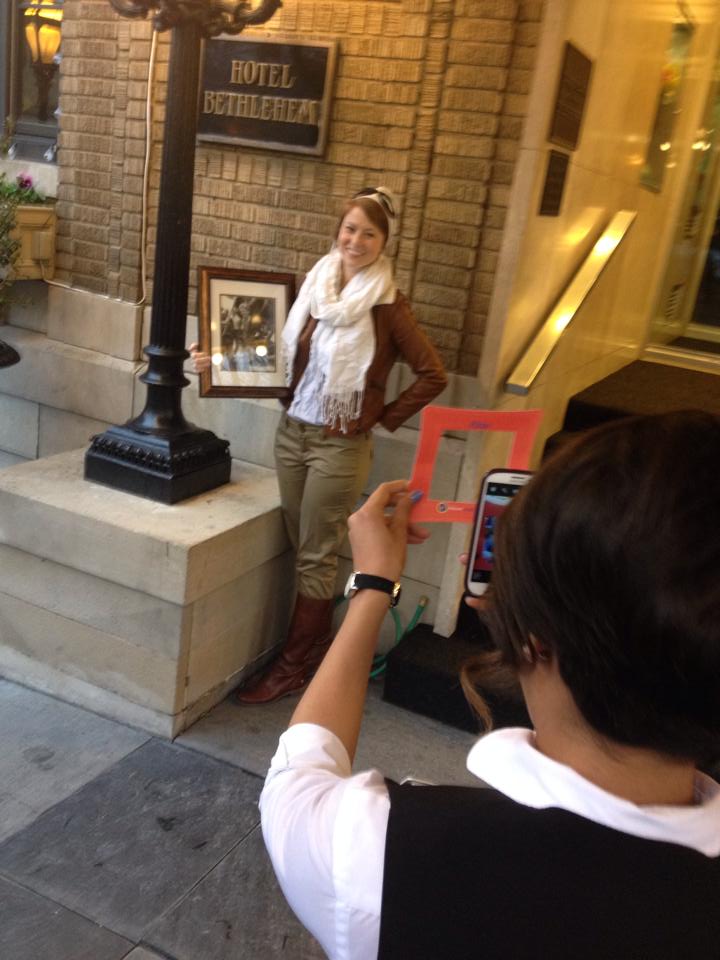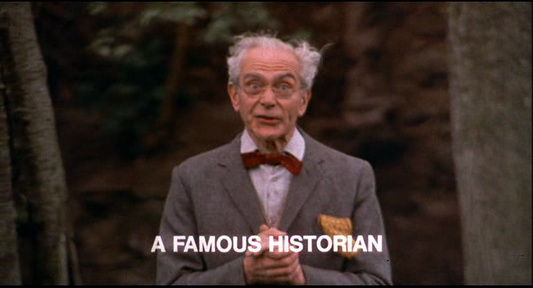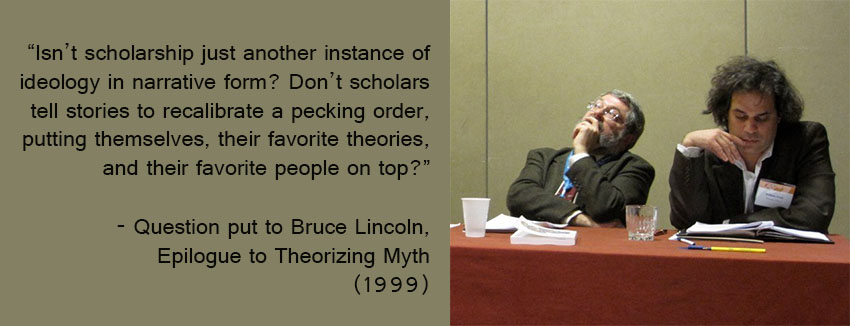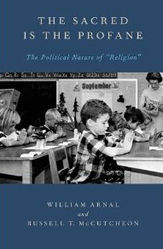By Matt Sheedy
This is part-two of a two-part response to Watts and Mosurinjohn’s essay “Can Critical Religion Play by Its Own Rules? Why There Must Be More Ways to Be ‘Critical’ in the Study of Religion,” which recently appeared in the Journal of the American Academy of Religion. See part 1 here.
Critique #3. The claim that ‘CR’ scholars set up a false dichotomy by upholding their own position as etic (i.e. as objective outsiders), while deeming others as emic (i.e. as subjective insiders) is based on a misinterpretation. Continuing with the example of colonialism that I outlined in Critique #2, Watts and Mosurinjohn claim, with reference to the work of McCutcheon: Continue reading “Critical Religion and the Critical Study of Religion: A Response to Galen Watts and Sharday Mosurinjohn, Part 2”

 While at a workshop in Bethlehem, PA, I stayed at
While at a workshop in Bethlehem, PA, I stayed at 
 Read
Read  Russell McCutcheon, along with his co-author
Russell McCutcheon, along with his co-author